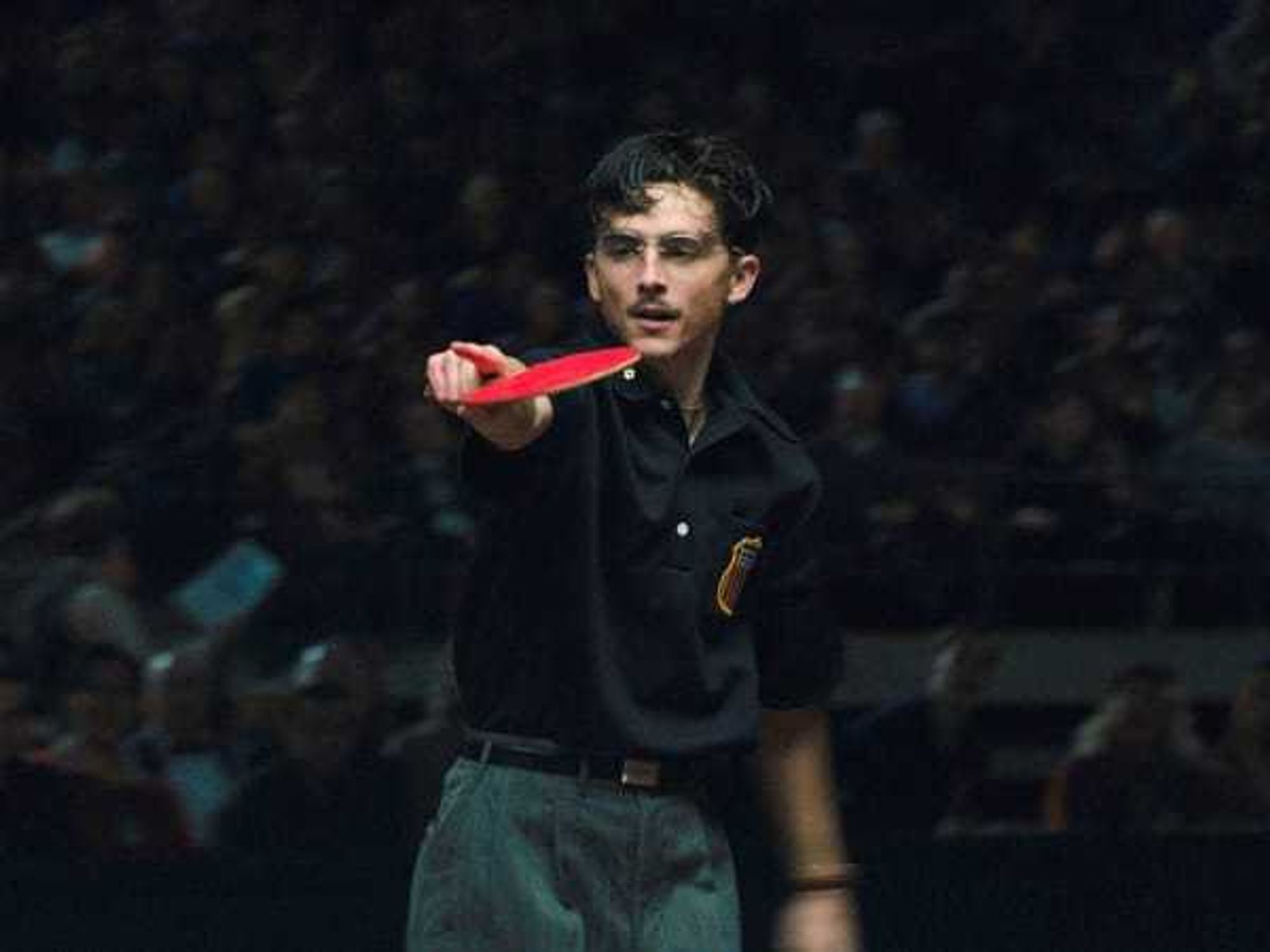My favorite part of the Sundance Film Festival comes on the final days. The high profile stars have left town and Park City starts to make the transition from film town to laid-back ski town. It's also a time that I focus on documentaries. Most of them will never be shown outside a film festival, although in previous years a few, like Man on Wire and The Dark Side of the Moon, have gone on to commercial success.
It seemed ironic to me that 8: The Mormon Proposition, which tells the story of the significant role the Mormon Church played in the California ballot initiative banning gay marriage, was shown in a Jewish synagogue auditorium called the Temple Theatre. In its second year of rotation as a film venue, the theater is a visually stunning setting, although it's inconveniently located several miles outside of Park City.
Thirty-year-old director and former Morman missionary Steve Greenstreet introduced the movie by asking, "Are there any leaders from the LDS church in attendance?” Silence. He then asked if there were any missionaries from the church. Five people raised their hands and the audience clapped enthusiastically, although we didn’t know if we were applauding open-minded missionaries, spies or lost souls. The story is told by gay couples impacted by Proposition 8 and by public statements and documents from the Mormon Church. Anyone who is fearful about the disappearing line between separation of church and state should see this film. Based on the enthusiastic audience response, I predict we will hear more about it.
I wanted to hear the director answer questions and see what the missionaries in the audience had to say, but we had to leave to make the screening of Space Tourists. It follows American businesswoman Anousheh Ansari as she realizes her dream to go to space. Twenty million dollars plus intense training got her a ten-day vacation aboard the Russian International Space Station. The woman’s journey plays out against the depressing backdrop of the failed Communist regime. While the images of earth are mesmerizing and Ansari realizing her dream is inspiring, the film is melancholy, as the failed Soviet Union’s space program subsists by selling the third seat on the shuttle, once occupied by a scientist, to rich tourists.
We made our way to the Prospector Square Theatre in the middle of a conference center for our next movie, the buzzed-about documentary Bhutto. It chronicles the life of Benazir Bhutto, the first (and only) woman to lead a Islamic country, and her assassination. After reading reviews that the movie was too long (at 115 minutes), we sat in the back row to make a neat escape if we got bored. But the film was entertaining and illuminating. Afterwards, directors Jessica Hernandez and Johnny O'Hara told the audience that Bhutto’s children had come to Park City for the film’s screening—their first trip to the United States outside of New York. It's an emotional movie that I hope gets broader exposure for the important geopolitical story that it tells.
By this time, though I was suffering from documentary overload, so I took a walk—It was a bright sunny day with the temperature hovering around freezing, which is actually comfortable in Park City’s dry air—to indulge myself with a manicure. The nail salon is the best place to catch up on celebrity gossip. The place was buzzing about a blonde celebrity who took her entourage to HarryO’s bar, ran up a $6,000 tab, and tried to stiff the place, shouting that she should be comped. Tiger Woods, who had knee surgery and a “recuperation” period in Park City last year, was also a hot topic of conversation.
Afterwards, I hatched a plan to get tickets for four Houston friends who had never been to Sundance. Every day at 8 a.m., a small number of same-day tickets to each movie are a released on a first-come, first serve basis, so the next day we waited in minus-6 degree temperatures for 45 minutes to snare tickets for the “Grand Jury Winner for Best Documentary” to be shown at the Park City Library that night, shortly after the winner was announced at the awards party.
Hoping for an upbeat documentary to introduce my friends to Sundance, I was disappointed to learn the winner of the Grand Jury Prize for Best Documentary was Restrepo, directed by Sebastian Junger, author of The Perfect Storm, and Tim Hetherington. They shadowed a U.S. platoon on a 15-month mission in Afghanistan's Korengal Valley, the country’s most dangerous region. It is a great piece of storytelling, but more than once during the movie, I buried my head or contemplated walking out. Real war is not Hollywood movie war.
Today we had tickets to the Best Drama winner, Winter's Bone. Director Debra Granik's film about a teenage girl in the Ozark woods who seeks out her meth-making father to save the family home became the word-of-mouth sensation of the festival and young actress Jennifer Lawrence is being touted as a breakout star. I have never felt "movied out" at Sundance, but this year's menu of dark, powerful and intense movies left me exhausted, so I gave my tickets to friends. I may regret it, but I figure I can always watch it on DVD.
